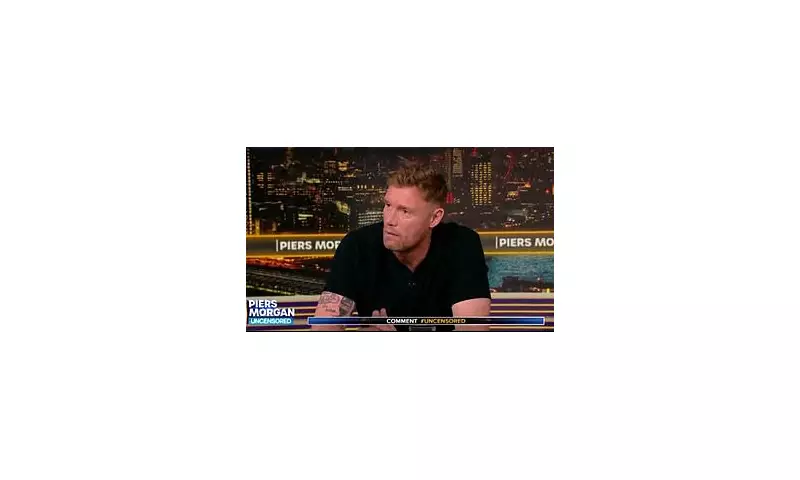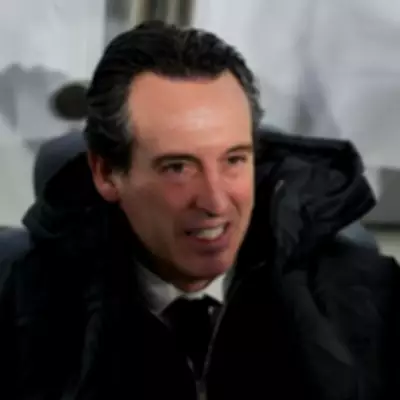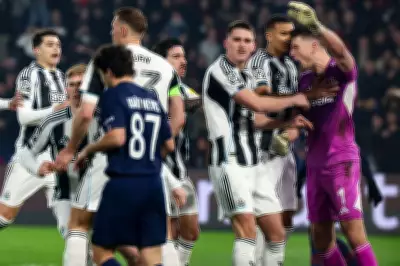
In a raw and emotional revelation, cricket icon Andrew 'Freddie' Flintoff has confessed to carrying crushing guilt over boxing champion Ricky Hatton's suicide attempt, believing his own actions contributed to his friend's downward spiral.
The Night That Changed Everything
The former England cricket captain detailed the haunting moment he learned that Hatton had been found hanged in his prison cell, an incident that left the boxing world in shock and Flintoff questioning his own role in the tragedy.
"I felt responsible," Flintoff admitted, his voice heavy with emotion. "When I heard what happened to Ricky, my first thought was that I should have seen the signs, should have done more."
A Friendship Tested by Darkness
The two sporting legends, who had formed an unlikely bond across different athletic disciplines, found their friendship strained as Hatton battled inner demons that Flintoff now wishes he'd recognised sooner.
Flintoff described watching helplessly as the former two-weight world champion struggled with depression after retiring from boxing, a transition that proved devastating for Hatton's mental wellbeing.
The Turning Point
The cricket star revealed how Hatton's suicide attempt became a wake-up call for both men, forcing difficult conversations about mental health in sports and the unique pressures faced by athletes after their careers end.
"We don't talk enough about what happens when the lights go out and the crowds disappear," Flintoff noted. "Ricky's experience showed me how dangerous that silence can be."
Road to Recovery and Reconciliation
Thankfully, Hatton survived the attempt and has since embarked on a journey toward recovery, with Flintoff playing a supportive role in his friend's rehabilitation.
The experience has transformed Flintoff's perspective on mental health, particularly within the high-pressure world of professional sports where vulnerability is often seen as weakness.
Both men have since become advocates for mental health awareness in athletics, using their platform to encourage other athletes to seek help when struggling.
"If sharing our story helps one person speak up before it's too late, then some good will have come from this darkness," Flintoff concluded.





